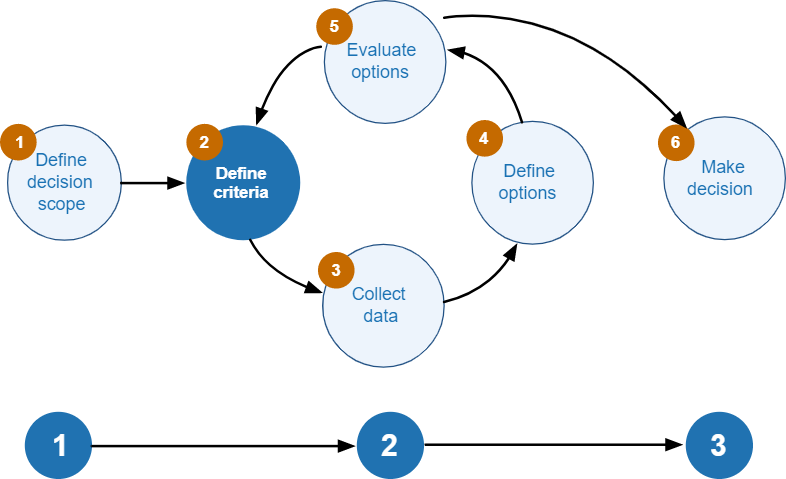flowchart TD
A(Why: programming) --> |Very personal question\n and it must be answered| B{Who: profiles}
B--> C(You love it)
B--> D(You need it)
C--> E(What: sylabus)
H["Here you need some\n kind of guidence"]--> |teacher?senior? \nif not a 'picar pedra'| E(What: sylabus)
D--> E(What: sylabus)
E--> |The what is helpless\n if you don't know the for| F(For What: skills)
F--> |The most second most importat step\n after the why, the how\n a bad how may destroy your why| G(How: \nlearning techniques)
Useful Questions
About fundamental questions
about
questions
Must questions
1 Answering the useful (right?) questions
Questions that begin with the words why, who, what, and how are necessary and paramount because they help to clarify information, to seek additional details, and to better understand a situation. Besides, they play a crucial role in facilitating communication and understanding.
These words are often used to ask open-ended questions, which are questions that cannot be answered with a simple yes or no. Asking open-ended questions allows for more in-depth conversation and debate and can help to uncover important information or insights.
For example,
- asking “Why did this happen?” can help to identify the underlying causes of a particular event,
- while asking “What are the consequences of this decision?” can help to anticipate and evaluate the potential impacts of a choice.
Overall, asking why, who, what, and how can help to improve communication, to facilitate decision-making, and to deepen understanding.
